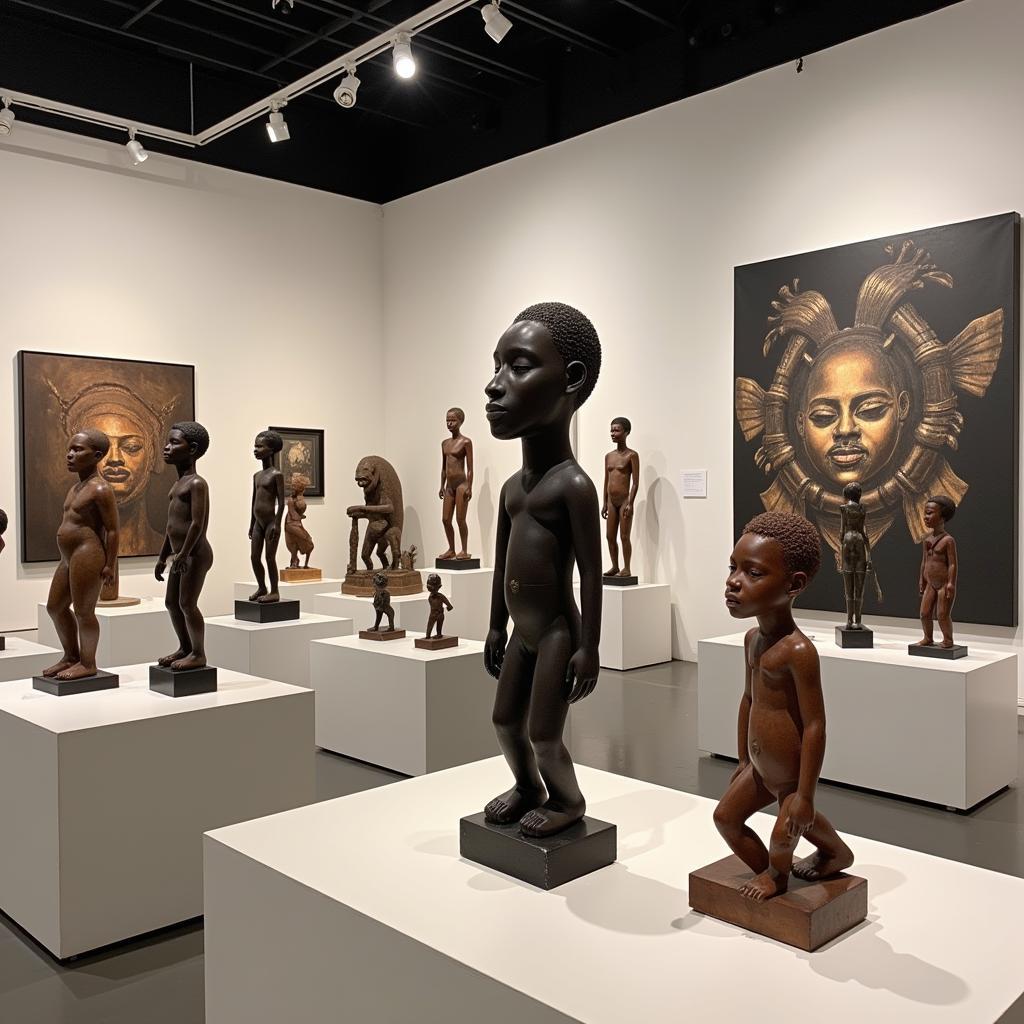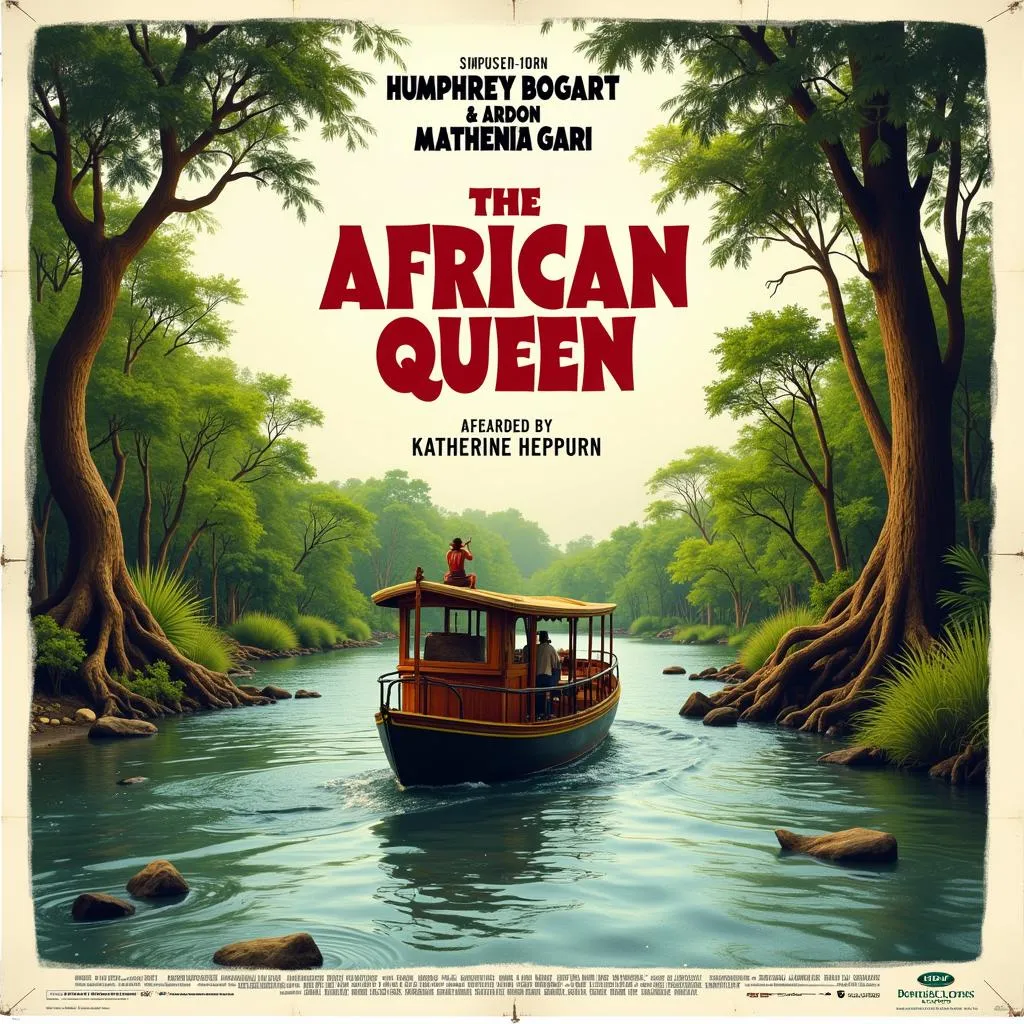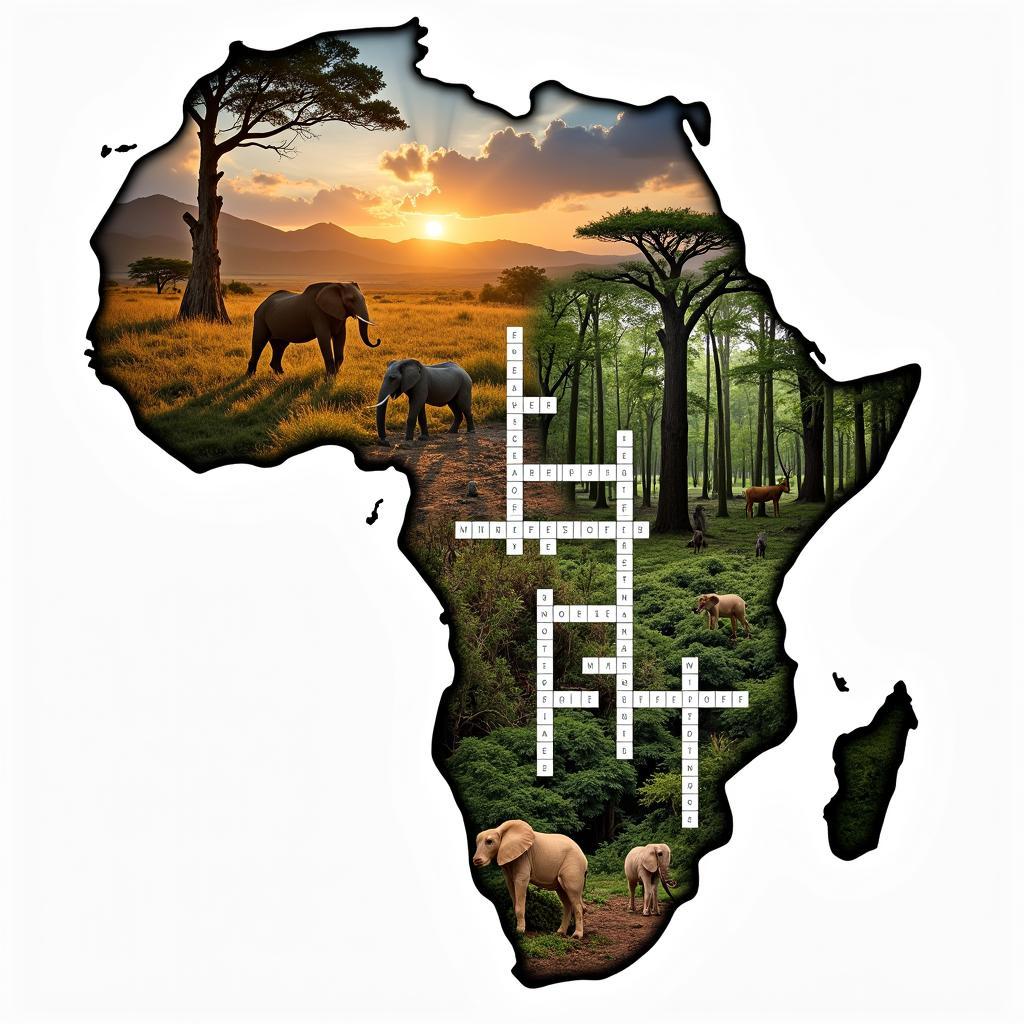Dive into the Rich History of Africa Through Historical Fiction
African Historical Fiction offers a unique window into the past, breathing life into the continent’s vibrant history and diverse cultures. It’s more than just storytelling; it’s a journey of discovery, allowing readers to experience the triumphs and struggles of Africa’s past firsthand.
Exploring Africa’s Past Through Fiction
Historical fiction, a genre that blends historical accuracy with fictional narratives, provides a captivating way to explore Africa’s complex and often-overlooked history. It allows writers to illuminate the continent’s rich tapestry of kingdoms, empires, and ordinary lives shaped by events that have impacted generations.
From the ancient civilizations of Egypt and Ethiopia to the colonial era and post-independence struggles, African historical fiction explores a vast range of periods and themes. It delves into the stories of ordinary people caught in extraordinary circumstances, offering a nuanced understanding of the forces that have shaped the continent.
The Power of Imagination
One of the most compelling aspects of African historical fiction is its ability to transport readers to different times and places. By weaving fictional narratives around historical events, authors can breathe life into the past and create immersive experiences that resonate deeply with readers.
The genre allows readers to imagine what it was like to live in a specific time and place, experiencing the challenges, joys, and complexities of that era. It fosters empathy and understanding, breaking down stereotypes and offering a more nuanced view of Africa’s history.
Key Themes in African Historical Fiction
African historical fiction often explores recurring themes that reflect the continent’s rich tapestry of experiences. These themes, woven into the fabric of the genre, provide valuable insights into the complexities of African history and culture.
Here are some of the most prominent themes:
- Colonialism and Resistance: Colonialism is a recurring theme, exploring the impact of European powers on African societies, the struggles for independence, and the legacy of colonialism on contemporary Africa.
- Slavery and the Transatlantic Trade: Historical fiction explores the devastating impact of the slave trade on Africa, examining the stories of those who were enslaved and the resilience of those who resisted.
- African Kingdoms and Empires: Writers bring to life the powerful and influential civilizations that once thrived across the continent, highlighting their cultural achievements, political structures, and societal practices.
- Identity and Belonging: African historical fiction often explores the complexities of identity, particularly in the context of colonialism, migration, and the formation of modern nation-states. Characters often grapple with questions of who they are, where they belong, and what it means to be African.
“The book brought history to life, making me feel like I was right there alongside the characters”
“I love how African historical fiction takes me back in time, allowing me to connect with the people, places, and events that shaped the continent’s history,” says Dr. Ayo Adegbe, a renowned historian and author. “The stories bring a human face to history, highlighting the complexities and nuances of the past.”
Why Read African Historical Fiction?
Reading African historical fiction offers numerous benefits, enriching your understanding of the continent and its people. Here are some compelling reasons to delve into this genre:
- Gaining a Deeper Understanding of Africa’s History: African historical fiction provides a nuanced and engaging way to learn about the continent’s rich past, exploring the events, figures, and cultures that shaped its history.
- Connecting with Diverse Cultures: The genre offers glimpses into different African cultures, highlighting their traditions, beliefs, and unique perspectives on the world.
- Exploring Themes of Identity and Belonging: African historical fiction often delves into the complexities of identity, particularly in the context of colonialism, migration, and the formation of modern nation-states.
- Appreciating African Storytelling Traditions: African historical fiction draws from rich storytelling traditions, often incorporating elements of oral history, myth, and folklore, offering a unique literary experience.
Finding the Perfect Book
There are a plethora of fantastic books in African historical fiction waiting to be discovered. Here are some suggestions for where to begin your journey:
- Start with classics like: “Things Fall Apart” by Chinua Achebe, “The Famished Road” by Ben Okri, and “Half of a Yellow Sun” by Chimamanda Ngozi Adichie.
- Explore contemporary works by: Nnedi Okorafor, Imbolo Mbue, and Ngugi wa Thiong’o.
- Look for authors who focus on specific periods or regions of Africa: There are countless books that delve into the history of Egypt, Ethiopia, West Africa, Southern Africa, and more.
“Reading African historical fiction is a journey of discovery, expanding your perspective and deepening your understanding of the continent’s past”
“The books transport you to different times and places, allowing you to experience the joys and challenges of Africa’s past firsthand,” says Maya Diallo, a passionate reader and avid supporter of African literature. “It’s a way to connect with the continent’s rich history and culture, and to appreciate the diverse voices that shape its literary landscape.”
Conclusion
African historical fiction offers a powerful tool for understanding the continent’s past, celebrating its rich heritage, and fostering a deeper appreciation for its diverse cultures. By engaging with this genre, you can gain a new perspective on Africa’s history, connect with its people, and explore the stories that have shaped the continent’s journey. So, delve into the world of African historical fiction and embark on a journey of discovery, adventure, and understanding.



